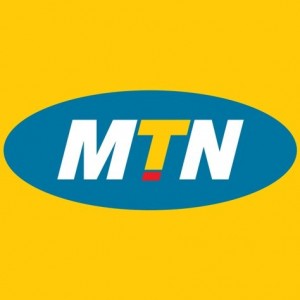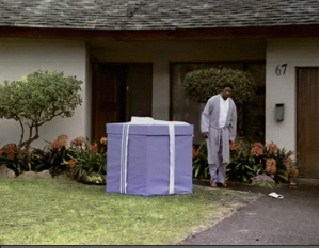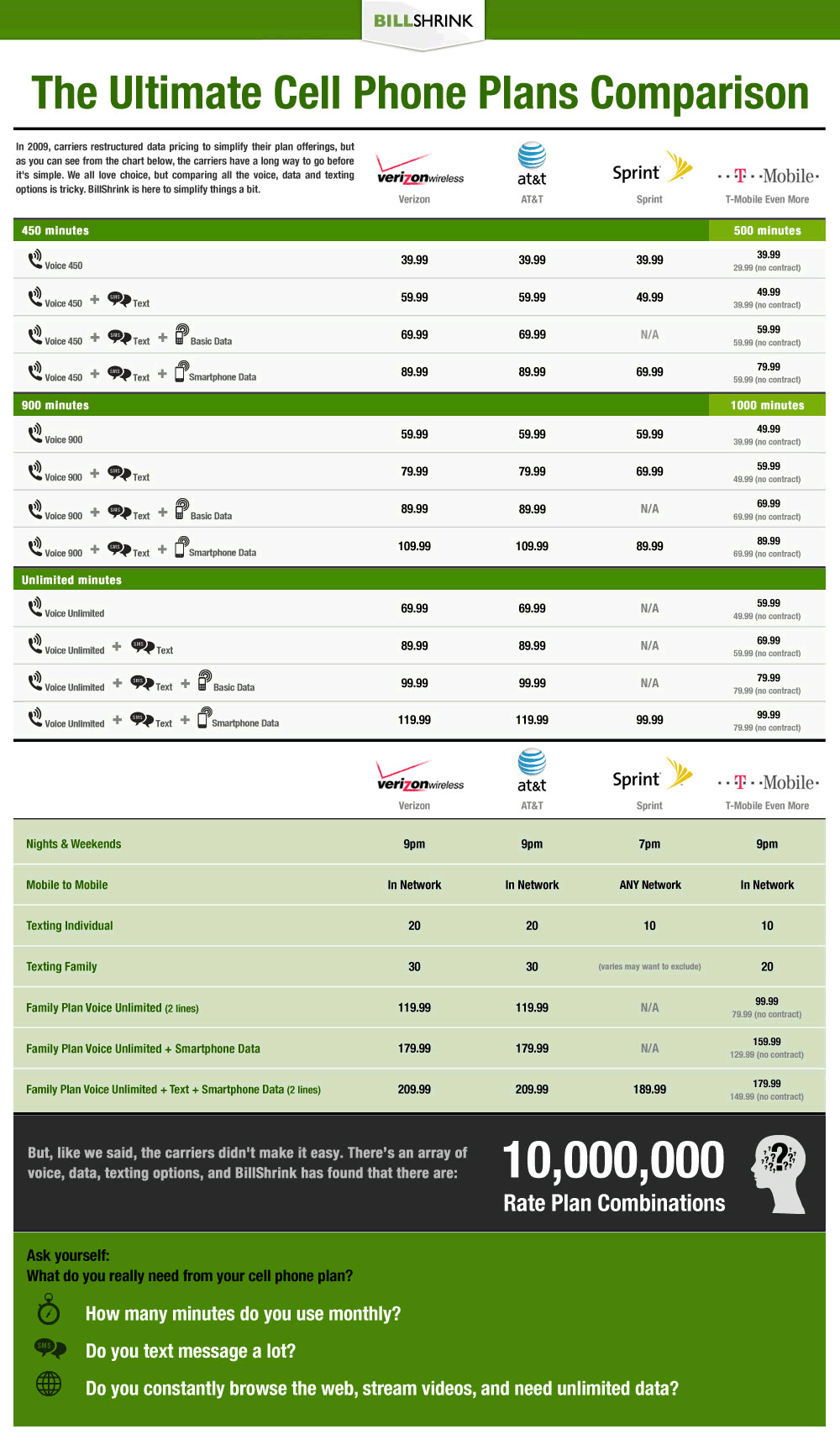South Africans using the wireless services of MTN may be in for quite a shock in the coming weeks as the company attempts to collect for customer data usage charges it forgot to bill last fall. Some customers have discovered the company automatically debited their checking accounts for thousands of dollars of “back usage” customers deny using. Once again, when choosing whether to believe a faulty usage meter and billing system or the customer, Internet Overchargers believe the meter that fills their pockets with customer cash.
Benzi Kornizer is one customer impacted by the data discrepancy. Despite using MTN’s data service for several months without incident, the company is trying to withdraw R10000 ($1,321 US Dollars) from Benzi’s checking account. Kornizer pays R600 ($79) per month for 3GB of wireless data usage. MTN’s usage meter, after the installation of a new billing system, claims he used more – more than $1,000 more.
“I received a letter from MTN, with no reference number, no date, no details of the problem and now I am having trouble getting my problem resolved,” Kornizer told ITWeb.
MTN believes in their usage meter, which it is using as justification to back-bill customers, despite admissions of ongoing billing problems. Affected customers are receiving letters signed by customer relations executive Eddie Moyce admitting prior under-billing.
“MTN is in the process of re-processing the used data and customer call data records and will debit the affected customers’ accounts accordingly,” the letter states.
 MTN’s billing practices, now a story in the South African media, resulted in a statement released by the company.
MTN’s billing practices, now a story in the South African media, resulted in a statement released by the company.
“We are extremely sensitive to the fact that billing errors have had an impact on the pockets of our subscribers. We will not suspend any voice or data contracts as a result of this error, and MTN will credit the accounts where double-billing errors occurred. MTN subscribers will also retain their loyalty points accrued over this period. MTN will investigate and evaluate every query on a case-by-case basis,” says Moyce.
He explains that the trouble stems from an upgrade of the billing system the company is using. “We have invested millions in a new billing system, which went live at the end of 2009 and is proving to be successful. However, we are still working hard to rectify the fallout from the previous system.”
The company admits the complete transition to the new billing system may take years to complete. That leaves customers like Kornizer playing broadband usage roulette, never certain what the company’s meter will finally read, even months after the billing cycle ends. Although MTN claims their meter is “proving to be successful,” customer complaints are pouring into consumer protection agencies and websites.
Kornizer is threatening to sue MTN in court.
Eddie Moyce, customer relations executive, spoke with MoneyWeb about the billing problems experienced by MTN. (5 minutes)
You must remain on this page to hear the clip, or you can download the clip and listen later.
<
p style=”text-align: center;”>
A sampling of the complaints from just the last 48 hours about MTN’s Usage Meter on consumer site HelloPeter, which has logged more than 9,000 customer complaints thus far against MTN:
“My December bill for my MTN Data Contract suddenly hits R3000 despite an normal usage of +-R320. I call the Autopage Accounts only to be told that there is a billing problem. However, any reply from MTN that this is a backbilling issue can be refuted. On my itemised billing, it shows that on Christmas day I used 1.2GB of data in 2 sessions a few minutes apart! Now, my modem is a 1.8Mbps but downloading 600MB in seconds is absolutely incredible!”
“Last month I received a data usage bill for R1901 which I thought was insane as it has always been R249 per month. I queried it and a itemised bill was sent though, which showed the ‘usage’, so I could not argue, then on the 23rd I received an SMS saying MTN incorrectly billed customers for that period and we would get a full credit for the incorrect amount. Then I check my account and another R2693 was debited from my account.”
“My average monthly MTN bill for internet access via a modem is R271.27 which was boosted by a November bill for R521.20. I paid this amount even though it looked very high. I was astounded by my December bill for R 5395.48! I spoke to [customer service] who tells me that I must wait 25 working days for my query to be assessed! In the meantime I must pay the R5394.48 or else my [service] will be suspended! MTN insists I must pay before they audit my account.”
![]() “I migrated my internet from a 500 meg to a 3 gig package, completed the paperwork and was assured that everything is in place and will be faxed through for the migration. After receiving an account for over R11000, I was informed that the migration was never made. I do not have the forms, but the personnel remembered the transaction and called the accounts department. Answer, ‘Sorry, we made a mistake and did not do the migration for you, but you did use the data so you must pay the account’.”
“I migrated my internet from a 500 meg to a 3 gig package, completed the paperwork and was assured that everything is in place and will be faxed through for the migration. After receiving an account for over R11000, I was informed that the migration was never made. I do not have the forms, but the personnel remembered the transaction and called the accounts department. Answer, ‘Sorry, we made a mistake and did not do the migration for you, but you did use the data so you must pay the account’.”
“Since October 2009 I’ve been billed R 16000 mostly for data use. My account was suspended three times without notice…. [The company won’t send me] proof of the amount used.”
“My bill from MTN ranges between R1200 and R1400 a month – In October, November and December 2009, I received bills between R11 000 and R14 000 a month! When I queried these bills the answer was always the same: These are amounts that were not billed ‘forgot’ to bill me this amount and ‘there was an error’ on their system and this usage was not billed for. When asked for proof of some kind – seeing as I have not been using the account in December 2009, they told us they could not provide this. Nor would the call centre agent put me through to a Manager to discuss or sort it out. The last time we spoke to someone, they told us to ‘just pay it’ or make a payment plan to pay it off. I have no intention on paying any amounts due to their system faults and without proof of how I could use between R11 000 to R14 000 a month. Inconsistent billing, no service, no response to messages left, no responses to emails and faxes. I had no choice but to change service providers.”
“I am presently on the 500MB package for internet service, cost; R239/Mth. Yet my bill arrives stating just over R1400. I know I have not exceeded my allowance as I check it before and after each session and I only use it to Skype family back home, plus some VERY minor surfing on the odd occasion. This has been raised twice now with MTN, both times I have been greeted by a ‘it happens often’ mentality, told they can not find a reason why the bill is so high and the billing dept will get back to me in 21 days. This is going to be AFTER the money is taken out of my account. Evidence on this website indicates that grossly overcharging their clients is hardly an isolated occurrence here and there, but a standard procedure. This they seem to find an acceptable way to treat their customers. I wonder how they would feel if their clients all decided to settle bills in 21 days or at their leisure, through no fault of their own. To the present time this problem remains unresolved and not taken seriously by MTN. TOTALLY UNACCEPTABLE.”


 Subscribe
Subscribe









